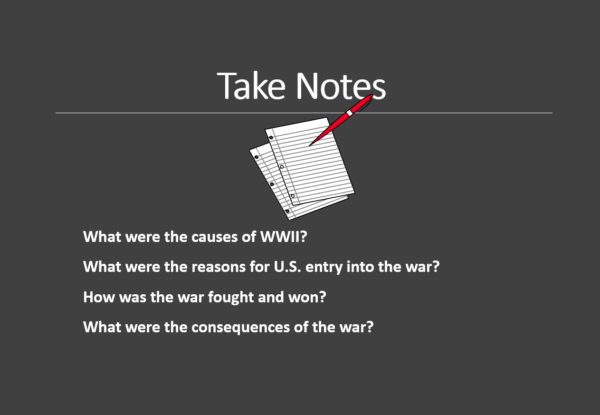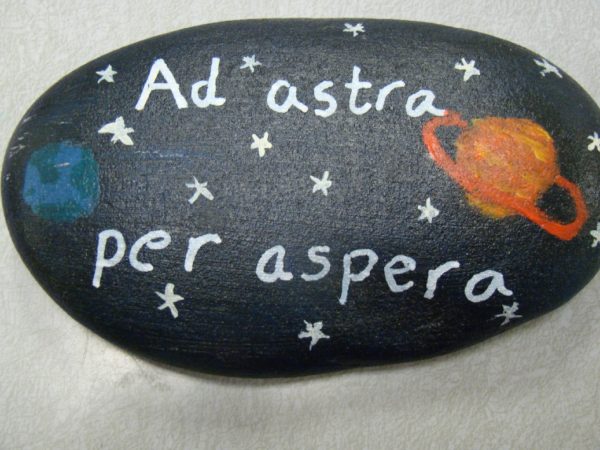As I’ve said before, the first and most important need for truly gifted students is quality time with their intellectual peers. Second, they need increased depth and complexity. Third, they need a faster pace.
I haven’t spent a lot of time talking about their need for novelty. Honestly, teachers can help meet that need by increasing the depth and complexity of content and increasing the pace of instruction. After all, if more challenging information comes at a faster pace, chances are you—the teacher and the student—will move into the territory of new information pretty quickly.
That’s where Highly Capable students want to live.
According to Charlotte Akin (retired administrator, HC program director, and WAETAG past president), “Gifted kids want to learn something new every day—and they would love to learn something new every period.”
As the NAGC STEM Network Working Group said, “Productive struggle is especially important for these students. They need to be challenged to make continuous progress and learn something new every day if we are going to foster their brain growth, persistence and resilience.”
My very first year teaching gifted students, I worked in a district with a pull-out program. I met with students one day a week. Kids came to me for advanced content instruction and intensive independent projects. One day, as a group was working diligently in the library, I asked them, “Is what you do in here harder than what you do in your regular classroom?”
“Oh my gosh, yes.”
“You know that this class is optional, right? You don’t actually have to be here.”
“Yeah, we know.”
“So why do you come?” I was genuinely curious.
“Because it’s more interesting.”
That was my first lesson into what I consider my critical trade-off. Gifted kids willingly do extra/harder/more challenging work as long as it’s more interesting.
Novelty is one key way to make learning more interesting. The last week of 2019 I taught a short unit on World War 2. Before I began, I asked my students what they knew about the war. They knew the name Hitler and that he was a bad guy. Some of them had a vague idea that the Allies were the winners, maybe, but they had no idea who the Allies were. They knew the Japanese attacked Pearl Harbor.
Then I began, using the same outline I use every time I teach a war:
- what were the causes of the war
- why did the US get involved
- how was the war fought and won
- what were the consequences of the war

Imagine it. Five days of 45-minute to hour long lectures accompanied by decidedly unglamorous Power Point presentations (which I use to help the students learn how to take notes).
Sounds deadly, no?
Now picture 30 students deeply engaged, asking relevant and probing questions until I finally had to say, nearly every day, “Ok, you have plumbed the depths of any memory I have about this subject. If you want to learn more, you will have to do research on your own.” Which always made them laugh.
(I was more reticent teaching about the Holocaust and the atomic bombings of Japan. They don’t need to know everything about those topics, and I told them that.)
My favorite reaction at the end of one lesson was a conversation I overheard. “I love World War 2!”
“You wouldn’t want to live in it!”
“No! Ok, I love learning about World War 2!”
The way to make instruction less interesting for gifted students is to repeat what they’ve already learned. Keep in mind, one definition of “gifted” is “needs fewer repetitions.” Their “excitement and passion for learning is critical and does not happen when students are bored with repetition of things they learned years earlier” (NAGC again).
In fact, where most students gain skills with increased repetition, gifted students can get confused by repetition. “Why is the teacher saying this again? I thought I understood it. Maybe I missed something!” It’s weird, but increased repetition can actually trip them up.

I have a couple of mottoes for my classroom. One is “ad astra per aspira” (at the same rate at which you aspire—proportional to your effort—you will gain the stars).
Another is “zoom zoom.”
As in, “we will be learning at zoom-zoom speed today.”
The strategies you share are excellent for many kids not identified as gifted… it all comes down to our willingness and ability as teachers to get to know the individual needs and interests of the kid. I’ve had countless students who have benefitted from all of the kinds of differentiation and strategies you describe above… all good additions to a teacher toolkit, tools employed based on need.
Jan, this is great and so inspiring! I feel the same way in my senior English class for college credit. That class can get the most out of every discussion and topic I throw out there, and they are so happy to be challenged.
The big takeaway for me is that ALL students want to be challenged. The trick is challenging kids in the regular classroom with so many levels of ability. It’s always my goal.